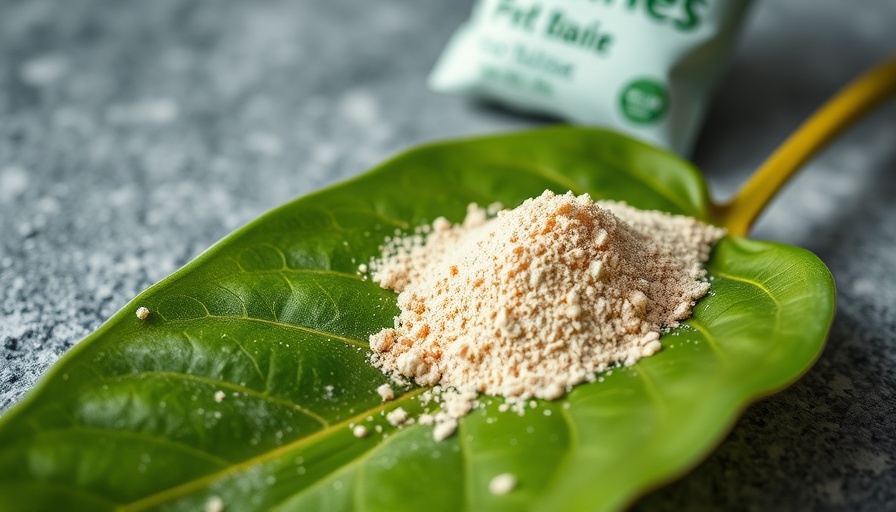
The Fertility of Waste: Transforming Urine into Sustainable Solutions
In an innovative stride towards sustainability, a Vermont-based startup named Wasted is turning a taboo subject into a resourceful solution for modern agriculture. Their new product, WeeBloom, is a fertilizer powder born out of an unexpected source: urine. As Wasted co-founder, Taylor Zehren, puts it, urine holds substantial potential due to its rich nutritional content, particularly nitrogen, phosphorus, and potassium—the crucial components for effective fertilizers.
Breaking Down the Process: How WeeBloom is Made
Wasted employs specialized toilet systems that discreetly separate urine from other waste. By collecting this nutrient-rich liquid, they transport it to treatment facilities aimed at transforming it into agricultural products like WeeBloom and a nitrogen-rich sidestream. The production of WeeBloom embodies a closed-loop system: nutrients extracted from urban populations get reused locally, cultivating the very crops that feed those same communities.
Contextualizing the Need for Alternative Fertilizers
Globally, fertilizers primarily derive phosphorus from mining, with significant reserves concentrated in geopolitically delicate areas. As Zehren notes, relying on these limits poses a risk to sustainable farming. By harnessing a resource that would otherwise contribute to pollution—human waste—Wasted is threading a new narrative into agriculture. They’re prompting a larger conversation about how we can localize and diversify phosphorus production, ultimately lessening dependency on traditional sources.
Shifting Mindsets: The Case for Pee-Derived Fertilizer
Despite the science backing it, some consumers may still hesitate at the idea of using fertilizer derived from urine. Wasted seeks to change that by fostering discussions around the common misperceptions. They aim to normalize the use of such fertilizers, emphasizing that the liquid gold is both safe and effective. The goal is to create an emotional connection, helping individuals visualize the positive impact of their choices.
Exploring the Broader Environmental Impact
Environmental sustainability isn't just about recycling; it involves a rethinking of the lifecycle and purpose of the waste we produce. Every time we flush away urine, we waste its potential. Urban farming, for instance, can greatly benefit from local nutrient recycling methods like WeeBloom, supporting sustainable growth practices while using fewer fossil fuels.
Future Predictions: What Lies Ahead in Fertilizer Innovation
The future of fertilizer innovation could include a wider acceptance of human-derived nutrients across industries, especially as society pushes for eco-friendly options. With the ongoing rise in corporate sustainability efforts, including solar-powered businesses and other initiatives, products like WeeBloom stand at the forefront of a paradigm shift in how we perceive waste and its resources. Such changes could exemplify the new era of eco-conscious entrepreneurship in boutique hospitality, where the motto revolves around sustainability goals and practices.
Conclusion: Taking an Eco-Conscious Step Forward
Wasted is not just offering a product; they’re encouraging a movement towards embracing unexpected resources like urine in sustainable solutions. As boutique hospitality professionals, adopting fertilizer derived from human waste offers not only practical environmental benefits but also reinforces the narrative that we are responsible for the resources we use.
Sign up for eco-sustainability newsletters today to keep updated on practices that can help redefine how your business interacts with the environment and to discover more amazing solutions paving the path for eco-conscious operations.
 Add Row
Add Row  Add
Add 




Write A Comment